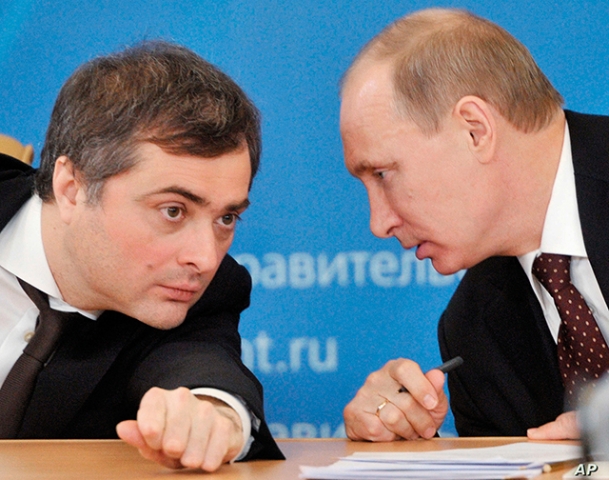With Changes in Abkhazia, Tbilisi Hopes for Progress
Op-Ed
Over the past several years, there have been hints in the media on the Russian political elite’s growing discontent with the way Abkhazia is being run, how effectively Russian money is spent, and the predatory nature of the Abkhaz political elite with regards to their gaining economic benefits from Moscow. High level corruption and the black market in Abkhazia have overshadowed various attempts by Moscow to control the effectiveness of money-spending.
There is an increasingly worsening criminal situation in Abkhazia concerning Moscow, as the region has always been a popular summer destination for Russian tourists. But in 2017-2019, several Russian citizens were killed in Abkhazia. As a result, there were numerous accusations from Moscow, while the Abkhaz public responded grudgingly to Russian interventions.
Yet another, rarely mentioned, reason for Moscow’s discontent was the Abkhaz leader Raul Khajimba’s intransigence. Though for years regarded as Moscow’s favorite, he, like his predecessors, nevertheless was a staunch defender against Moscow’s encroachments. Most notably, he resisted allowing wealthy Russians and businesses to buy large swathes of land in the region.
Khajimba was also closely associated with Vladislav Surkov, the Kremlin-appointed curator of the Russia-controlled empire of separatist regions in Ukraine and Georgia. Surkov’s resignation might well fit into the overall narrative of growing discontent in Moscow with how Abkhazia has been run over the years.
Surkov was also less interested in economic issues. Then comes his notoriety for being stubborn in negotiations with Abkhaz politicians. Little is known on his thinking regarding Abkhazia overall, but from various statements, political moves and written pieces, it is possible to grasp several important features.
For Surkov, Abkhazia was an integral part of Russia's South Caucasus policy, as it has served as a roadblock to Georgia's aspirations to become a full member of the European Union (EU) and Nato. Yet Surkov was unable to solve long-term issues: with Tbilisi's westward ambitions thwarted for the moment, what should be done with Abkhazia? Should Moscow continue trying to entice neighboring states to recognize Abkhazia's independence? With the failure of the recognition policy, another possibility for Moscow and Surkov was to develop Abkhazia economically into a proper entity. This would have prevented the fleeing of the population to the Tbilisi-controlled territory for medical, trade and educational reasons, which, in the long run, would create troubles for Sokhumi as the population decreased and a positive image of Tbilisi among the Abkhazs emerged.
It is likely that dissatisfaction with Surkov’s Abkhazia policies was building up even before the January crisis. Khajimba was Surkov’s choice, but the final moments of the crisis showed how the Kremlin worked to cut Surkov’s influence.
Beyond the dissatisfaction with Surkov’s policies laid out above, there is also a larger problem with how he viewed Abkhazia. As with his vision of eastern Ukraine, Surkov regarded Abkhazia in the same ideological, even geopolitical, prism, and he was less interested in the economic, security or military problems of the region. For his successor, on the other hand, which is likely to be Marat Khusnulin, economic undercurrents will be essential. Indeed, Khusnulin’s portfolio involves economic cooperation between Russia and Abkhazia. In years where Russia’s economy is being strained under western sanctions, coupled with an ineffective political system, spending on Abkhazia, along with other Russia-controlled unrecognized territories, is a burden for Russia.
Nevertheless, with Khajimba and his master Surkov now gone, Moscow’s overall approach towards Abkhazia is unlikely to change. Still, it is larger geopolitical trends in and around the South Caucasus (as is the case with eastern Ukraine) that will formulate Moscow’s position. As the region is likely to remain one of the theaters of Russia-West military and economic competition over the former Soviet lands, the Kremlin will continue to regard Abkhazia as an important tool to limit Georgia’s westward ambitions. Moreover, in Moscow’s thinking, the military build-up it is pursuing in Abkhazia will also prevent any large non-NATO military cooperation between Tbilisi and the West.
What we are then likely to see in Abkhazia is a change of tactics rather than strategy. Moscow will try to pull strings on large expenses, limit corruption schemes and help improve the security situation for Russian tourists.
By Emil Avdaliani
Photo: Vladislav Surkov with President Putin. Source: voanews.com












